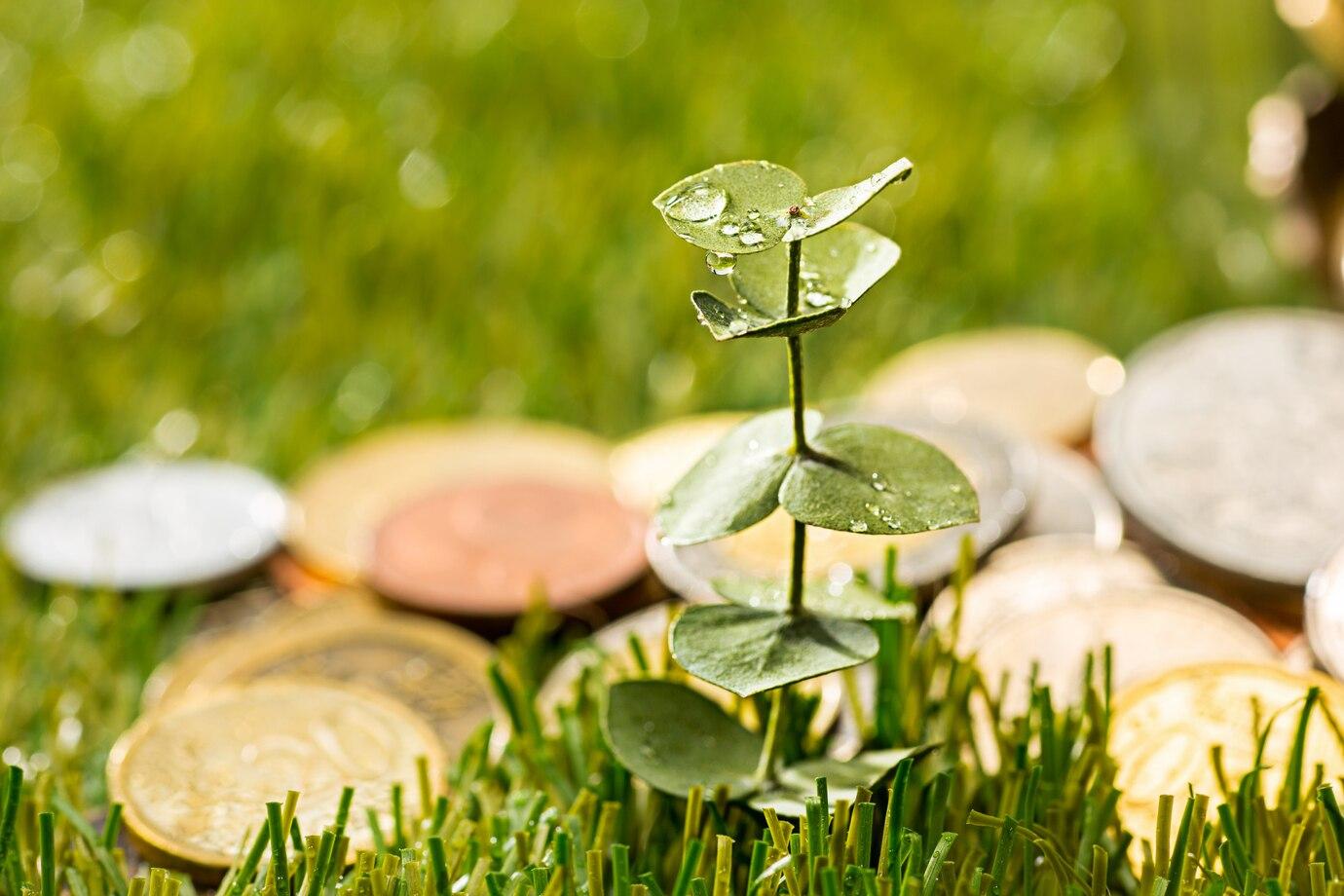In recent years, "green" energy has become the subject of enormous interest from both investors and the public. Increased awareness of environmental issues, climate change, and the need for sustainable development has attracted many people to invest in projects aimed at using alternative energy sources. However, along with this, the number of fraudulent schemes has increased, the main goal of which is to deceive investors by offering fake investment opportunities in green technologies.

Understanding "Green" Energy
Before delving into the problem of fraud in the "green" energy sector, it is important to understand what "green" energy is. This term includes energy sources that do not harm the environment and contribute to reducing the carbon footprint. Such sources include solar, wind, hydroelectric energy, as well as bioenergy and geothermal energy.
"Green" energy offers many opportunities for investment, and this is what makes it attractive to fraudsters. Real projects may require significant initial investments, and not all of them have sufficient transparency, creating the perfect ground for unscrupulous schemes.
Growth of Interest in Green Energy Investments
According to research, the green technologies market will continue to grow by 20-30% per year, making it extremely attractive to investors. This prosperity is accompanied by the emergence of many new companies, many of which offer enticing conditions for capital investment. However, along with this, the likelihood of encountering fraud increases.
Those investing in "green" energy should be particularly cautious. Our goal is to equip you with knowledge on how to identify false offers and protect your funds.
Examples of Fraudulent Schemes
Unscrupulous players use various methods to deceive investors. Here are some common schemes:
- Nonexistent projects. Fraudsters create attractive offers to invest in projects that do not actually exist. They may use fake documents to convince investors of the reality of their business.
- Guaranteed income scam. Often, fraudsters offer guaranteed high returns with minimal risks. They may promise a return on investment in a short time, which is a red flag.
- Advance payment requirement. Fraudsters may require an advance payment to participate in the project, promising significant benefits in the future. Usually, such schemes end with a loss of money for the investor.
- Fake licenses and certificates. Some fraudsters use fake licenses and certificates to create trust and legitimize their offers.

Signs of Suspicious Offers
There are several key signs that can help you identify fake investment offers in "green" energy:
1. Lack of transparency
One of the most reliable ways to avoid fraud is to look for companies that offer complete and transparent information about their projects. If a company avoids providing the necessary information, it is worth being cautious. Transparency includes information about the energy source, technical details of the projects, and a description of the business model.
2. Unrealistic promises
If an offer sounds too good to be true, it probably is. High guaranteed returns with low risk are a clear signal of fraudulent schemes. Make sure you have researched average return rates before making an investment decision.
3. Anonymous or generic contacts
Pay attention to the company's contact details. Often, fraudulent schemes use generic email addresses or temporary phone numbers. Make sure you can contact company representatives and check their reputation through independent sources.

How to Protect Your Investments
Protecting your investments begins with awareness and thorough verification. Here are some tips to ensure the safety of your funds:
- Check the company's license. Before making investment decisions, ensure that the company is registered and has the necessary licenses to conduct financial operations. You can find this information on the official websites of financial service regulators.
- Research reputation. Searching for reviews and ratings about the company online will help you get an idea of its reputation. Remember that many fraudulent schemes can be identified thanks to the experiences of other investors.
- Consult with an expert. If in doubt, consult financial advisors or lawyers specializing in investment issues. They can help you analyze the proposed conditions and make an informed choice.

Investing in "green" energy represents huge opportunities but also carries risks associated with fraud. It is important to be vigilant and careful when analyzing investment offers. A proper understanding of the principles of "green" energy and knowledge of the signs of fraudulent schemes will help you protect your funds and use investment opportunities in this area effectively.
Your best protection is awareness and thorough research. Increase your knowledge and stay alert to avoid becoming a victim of a fraudulent scheme in the world of "green" energy.
